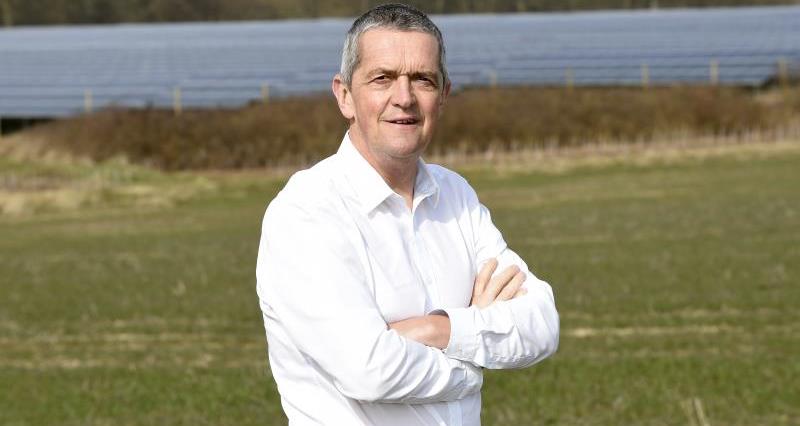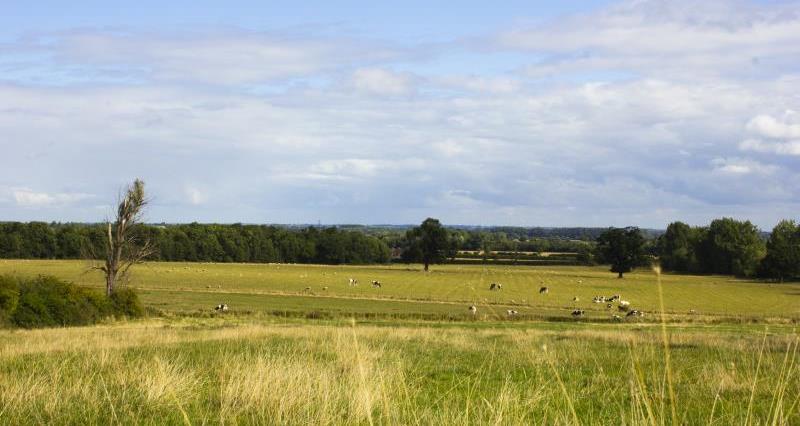»ĘĽŇ»ŞČËhas always believed that farming should be seen as a top priority by Government due to the impact leaving the EU will have on agriculture. The EAC recommended that support payments should be linked to public goods. However, NFU Vice President Guy Smith said it was our view that food security and food production should be regarded as strategically important for the country and good for the public. It is disappointing that the EAC failed to mention this, he added.
The report out today (Wednesday) acknowledges UK farmers face a ‘triple jeopardy’ from changes in the UK’s trading relationships negotiated after Brexit.
In its report published today (Wednesday), the EAC says:
- Leaving the Common Agricultural Policy will threaten the viability of some farms
- Trade agreements which impose tariff or non-tariff barriers to UK farm exports similarly threaten farm and food business incomes
- New trading relationships with states outside the European Union could lead to increased competition from countries with lower food standards, animal welfare standards and environmental protection
- New subsidies should have clearly defined objectives linked to the delivery of public goods, like the promotion of biodiversity, preventing flooding and storing carbon, rather than simply providing income support to farmers.
The report also urges Government, as part of its initial work to leave the EU, to assess the resources necessary to replace existing EU environmental funding to ensure that farm businesses remain viable, a move welcomed by the NFU.
 NFU Vice President Guy Smith gave evidence to the EAC last October.
NFU Vice President Guy Smith gave evidence to the EAC last October.
He said: “British farmers work to a very high standard for animal welfare, food safety and environmental protection. We believe strongly that any standards are not watered down if we are forced to compete against agricultures in other parts of the world that clearly do not have such high standards as ours. Clearly we must not be put at a competitive disadvantage.
“It is essential for the food and farming sector to maintain full, unfettered access to the single market while having continued access to a flexible, competent and reliable workforce. Retaining tariff-free access is vital for UK farmers - it’s where 75% of our food exports go.
“The EAC has rightly recognised that farming and the environment go hand-in-hand and that producing quality, home-grown food is critical to the future of the country. Viable farming businesses will be best placed to contribute to the environment. The food and drink sector is the bedrock of the UK’s largest manufacturing sector, which is worth £108bn to the economy and supports 3.9million jobs. It is an industry proud to produce food for the nation, and the world.
“The EAC recommended that support payments should be linked to public goods. It is our view that food security and food production should be regarded as strategically important for the country and good for the public. It is disappointing that the EAC failed to mention this.
“»ĘĽŇ»ŞČËurges Government to commit to working with farmers to establish a domestic farming policy designed to ensure a resilient farming sector alongside work to protect and enhance the environment. The domestic agricultural policy should seek to deliver competitive, profitable and progressive farm businesses through a number of measures which also address price and market volatility and improvements in sectoral economic performance.
“Farmers across the country understand the importance of protecting the environment and ensuring we have a thriving countryside. For example, planting or restoring 30km of hedgerows and increasing the number of nectar and pollen rich areas by 134% in the past two years. Farmers continue to fulfil their role of providing high quality food, produced to exacting welfare and environmental standards. We want to maintain those standards once we leave Europe.”
